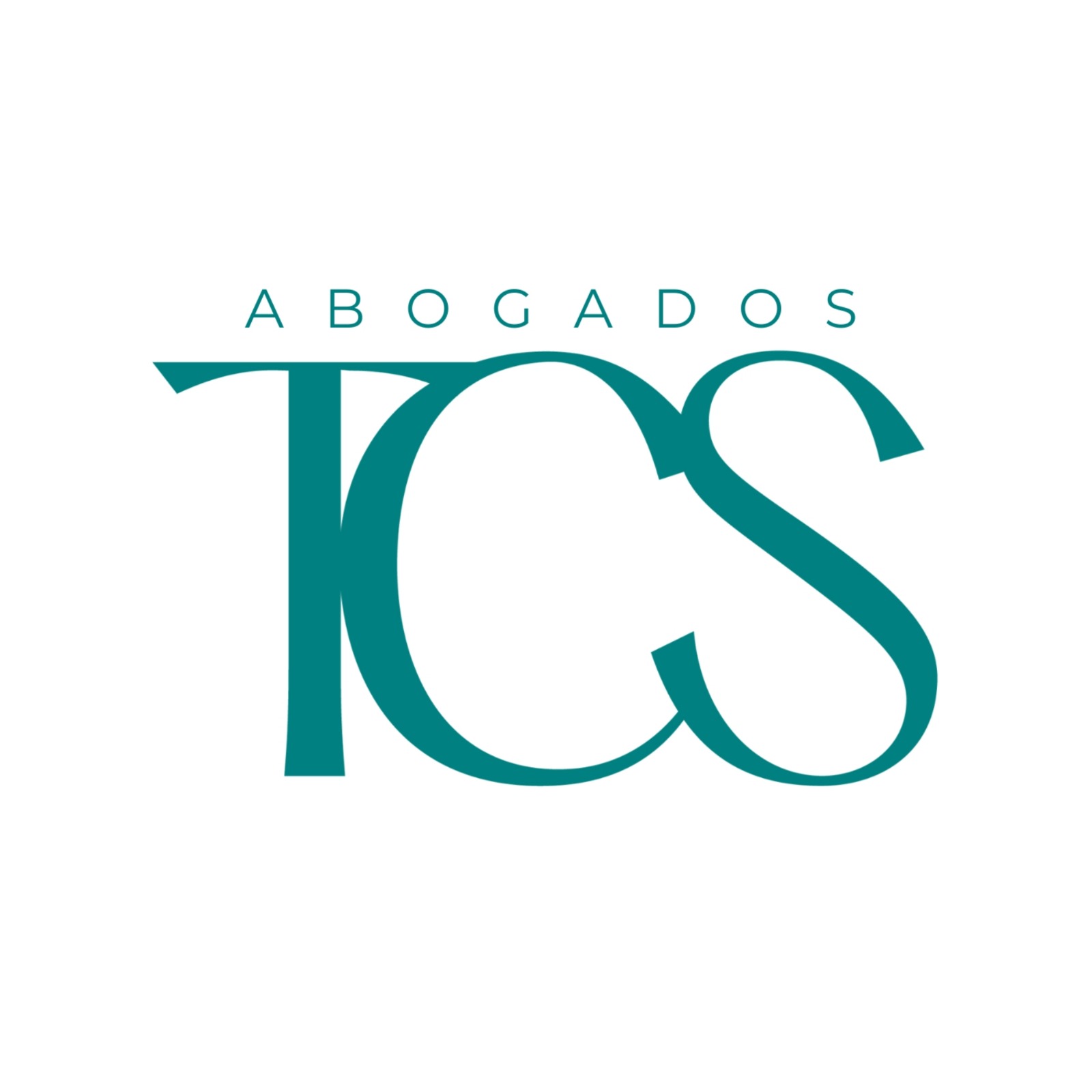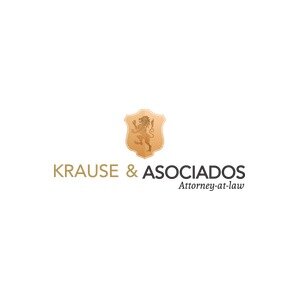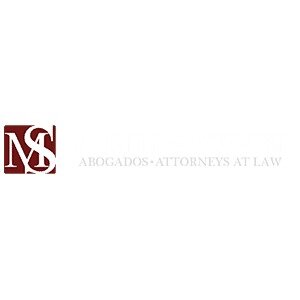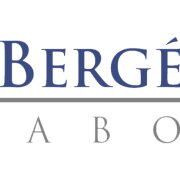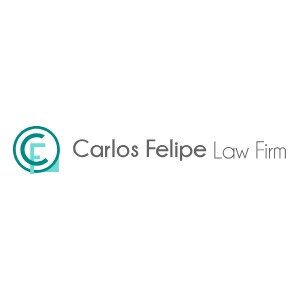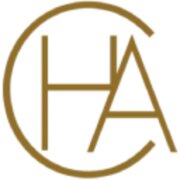Best FDA Law Lawyers in Dominican Republic
Share your needs with us, get contacted by law firms.
Free. Takes 2 min.
Or refine your search by selecting a city:
List of the best lawyers in Dominican Republic
About FDA Law in Dominican Republic
FDA Law in the Dominican Republic refers to the regulations, standards, and procedures governing the safety, quality, labeling, import, export, and commercialization of food, drugs, medical devices, cosmetics, and other healthcare products. This area of law is primarily managed by the country's public health authorities, such as the Ministry of Public Health (Ministerio de Salud Pública), with oversight processes similar to those administered by the U.S. Food and Drug Administration (FDA). These regulations ensure that all consumable goods and health products available in the Dominican market adhere to safety and efficacy standards that protect public health.
Why You May Need a Lawyer
FDA Law in the Dominican Republic can be complex, especially for businesses or individuals dealing with the import, production, or sale of regulated goods. You may require legal guidance in situations such as:
- Registering pharmaceuticals, medical devices, or food products for sale
- Navigating product labeling or advertising requirements
- Facilitating export or import of regulated items
- Responding to government inspections or enforcement actions
- Resolving disputes involving product safety or compliance
- Understanding new or updated health regulations
- Complying with recall or corrective action policies
A specialized lawyer can help interpret the law, represent your interests before local authorities, and ensure that your products and business operations are fully compliant.
Local Laws Overview
In the Dominican Republic, the primary legal framework for FDA-related matters is set forth in the General Health Law No. 42-01, along with various regulations and decrees for specific sectors (foods, drugs, cosmetics, medical devices). Key aspects include:
- Product Registration: Most foods, drugs, cosmetics, and medical equipment must be registered with the Ministry of Public Health before commercialization.
- Labeling Requirements: Products must have accurate labels in Spanish, detailing ingredients, expiration dates, usage instructions, manufacturer information, and relevant warnings.
- Import Controls: Strict documentation and conformity assessments are required for importing regulated items; unauthorized imports may be confiscated or denied entry.
- Licensing for Manufacturers and Distributors: Businesses in this sector must obtain operating licenses and are subject to regular inspections by health authorities.
- Sanitary Registrations: Sanitary registration is mandatory before any product can be put on the market, and this process involves laboratory testing and detailed technical documentation.
- Advertising Restrictions: There are legal limitations on advertising certain products, especially medicines, in order to protect consumers from misleading claims.
Non-compliance with these laws can result in product seizures, fines, loss of business licenses, or even criminal charges in cases involving consumer safety.
Frequently Asked Questions
What products require sanitary registration in the Dominican Republic?
All imported and locally produced food items, pharmaceuticals, medical devices, and cosmetics intended for commercial sale require sanitary registration with the Ministry of Public Health.
Who regulates FDA Law in the Dominican Republic?
The Ministry of Public Health and Social Assistance (Ministerio de Salud Pública y Asistencia Social) is the main regulatory authority, along with specific directorates for pharmaceuticals and food safety.
What documents are needed to register a food or drug product?
Typically, you need technical data sheets, product samples, Certificates of Free Sale, Good Manufacturing Practices certificates, ingredient lists, proposed labels, and supporting laboratory test results.
How long does product registration take?
The timeline varies by product type, but registrations may take from several weeks to several months, depending on the volume of requests and completeness of submitted documentation.
Are foreign manufacturers allowed to register their products directly?
Foreign manufacturers must normally appoint a local representative or distributor to act on their behalf in dealings with health authorities and to manage registration.
Can a product be imported prior to receiving registration approval?
No, importation of regulated products is not permitted until you have received sanitary registration and corresponding import authorization from the authorities.
What happens if my product does not comply with local requirements?
Non-compliant products may be refused entry, withdrawn from the market, seized, or destroyed. Legal actions, fines, and business sanctions can also be imposed.
Are there different regulations for dietary supplements?
Yes, dietary supplements are subject to their own specific registration and labeling regulations, which are generally stringent to ensure consumer safety.
What are the penalties for violating FDA regulations in the Dominican Republic?
Penalties can include fines, suspension or revocation of business licenses, criminal prosecution in severe cases, and mandatory product recalls.
How can I stay updated with changes in FDA Law?
You can regularly consult the Ministry of Public Health's official communications, work with a legal advisor, and follow updates from relevant industry associations.
Additional Resources
If you require further guidance or support, consider reaching out to the following bodies and organizations:
- Ministry of Public Health (Ministerio de Salud Pública): The primary regulator for all matters of health, product registration, and compliance.
- Dirección General de Medicamentos, Alimentos y Productos Sanitarios (DIGEMAPS): Agency responsible for the oversight of medicines, food, and sanitary products.
- National Institute for the Protection of Consumer Rights (Pro Consumidor): Handles consumer complaints and guides on safe products.
- Local Chambers of Commerce and Industry Associations: Many offer regulatory updates and legal seminars on product compliance.
- Private legal firms specialized in health regulations: Provide expert legal advice and representation in compliance or litigation matters.
Next Steps
If you believe you need legal assistance in FDA Law within the Dominican Republic, start by gathering all relevant product documentation, correspondence, and evidence of compliance efforts. Contact a qualified lawyer who specializes in FDA and health regulatory matters. Schedule an initial consultation to discuss your situation in full detail. Your lawyer will help assess risks, guide you through local legal procedures, and represent you before authorities if necessary. Taking proactive measures and seeking informed legal support are the best ways to ensure that your activities meet all Dominican health law requirements.
Lawzana helps you find the best lawyers and law firms in Dominican Republic through a curated and pre-screened list of qualified legal professionals. Our platform offers rankings and detailed profiles of attorneys and law firms, allowing you to compare based on practice areas, including FDA Law, experience, and client feedback.
Each profile includes a description of the firm's areas of practice, client reviews, team members and partners, year of establishment, spoken languages, office locations, contact information, social media presence, and any published articles or resources. Most firms on our platform speak English and are experienced in both local and international legal matters.
Get a quote from top-rated law firms in Dominican Republic — quickly, securely, and without unnecessary hassle.
Disclaimer:
The information provided on this page is for general informational purposes only and does not constitute legal advice. While we strive to ensure the accuracy and relevance of the content, legal information may change over time, and interpretations of the law can vary. You should always consult with a qualified legal professional for advice specific to your situation.
We disclaim all liability for actions taken or not taken based on the content of this page. If you believe any information is incorrect or outdated, please contact us, and we will review and update it where appropriate.
Browse fda law law firms by city in Dominican Republic
Refine your search by selecting a city.




